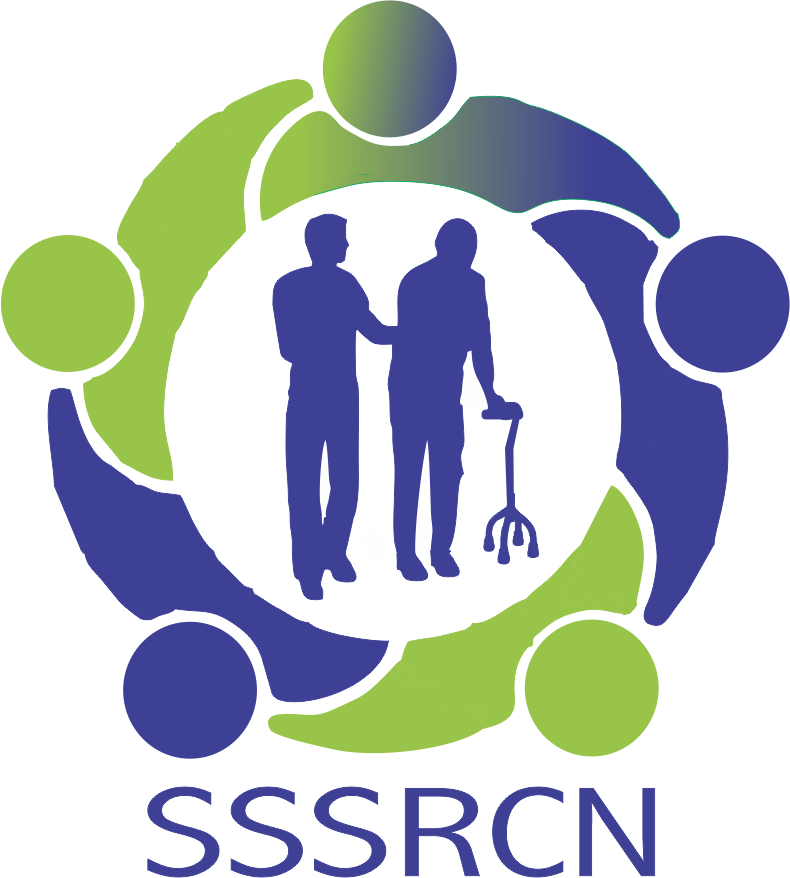Author: Emmanuel Adedayo

A stroke can be a life-altering event, causing physical and emotional disfigurement that can last a lifespan. Needless to say, its financial and economic impact on a person is enormous. Being unable to work and relying on others often makes you confined to a bed or wheelchair all day as you can’t move all by yourself; this could be very challenging and tough.
However, with proper care and support, it is possible to recover from a stroke and regain independence, return to work, and make a life for yourself. How do you achieve that? What should you do to help your recovery after surviving a stroke? In this post, I will take you through a few steps that could help. Whether you’re a stroke survivor or caring for someone who has had a stroke, here are some steps to help with recovery and improve your quality of life.
Make Lifestyle Changes

Varying factors, such as high blood pressure, alcohol consumption, an unhealthy diet, etc., cause strokes. So, if you engage in some or any of these lifestyles, it’s essential to make changes to reduce your risk of having a repeat stroke. This may include quitting alcohol consumption, eating a healthy diet (you may consult a dietician), complying with medications, etc.
Making these changes might seem difficult; however, with your determination to lead a healthy lifestyle and the support of your loved ones, you can make the necessary lifestyle changes to help your recovery journey.
Engage in Rehabilitation

Often, many stroke survivors have movement deficits they must deal with after a stroke. This means the arm and leg of the affected part of the body may not be as functional as they used to be. Sometimes, there is also a loss of speaking ability (Aphasia). To get your arms and feet back to normal or near normal, it is essential to engage in rehabilitation programs. Physical and occupational therapy can help you regain strength, coordination, and independence after a stroke. The therapist will work with you to set targets and draw a personalized rehabilitation plan to help you reach those goals. The first few months after a stroke are pivotal to whether or not full recovery can be achieved, so you’d want to take those periods very seriously in your recovery.
Connect With Support Groups

A stroke can be a traumatic event that can impact your physical and emotional well-being. Research has shown that stroke survivors have been found to do well and have faster recovery with social support. Stroke survivors and their families often benefit from connecting with others going through similar experiences, i.e., a support group. Support groups provide a safe and accommodating environment where you can share your feelings, get advice, and find consolation in knowing you’re not alone.
Here at strokesupportssrcn, we understand life after a stroke can be demanding and sometimes difficult without support. We aim to help you get back on your feet and fulfill your dreams and aspirations. Our team of experts and other survivors like you are readily available to help you get through this phase. Contact us today, and we’ll be happy to help.
Modify Your Home and Stay Active
Staying physically active and engaged in activities you enjoy can help you maintain independence and improve your overall quality of life. Often, stroke survivors tend to become inactive, and staying in bed all day could harm your recovery. You need to engage in activities with your friends and family as much as possible. Play games or anything you enjoy doing. Also, If necessary, you may need to modify your home to accommodate physical changes caused by the stroke. For example, you may need to install grab bars in the bathroom or make changes to the kitchen to make it easier to cook, and so on. Your occupational therapist can help you identify the needed changes and recommend how best to do them.
Conclusion
Surviving a stroke is a significant accomplishment, but it’s essential to understand that recovery is a long-term process, and it takes consistency and determination to achieve meaningful results. With the proper care, support, and dedication, you can regain your independence, improve your quality of life, and prevent another stroke from happening. Remember to care for yourself and seek support when needed. Never give up hope!

Trackbacks/Pingbacks